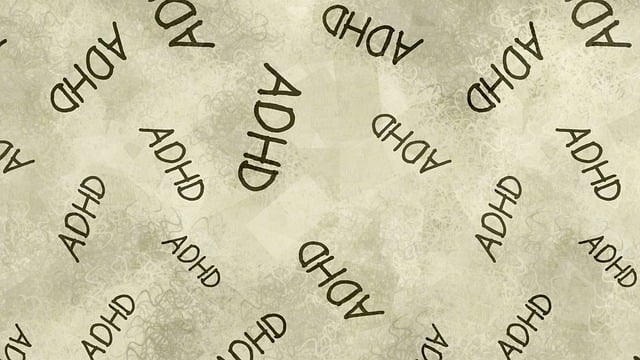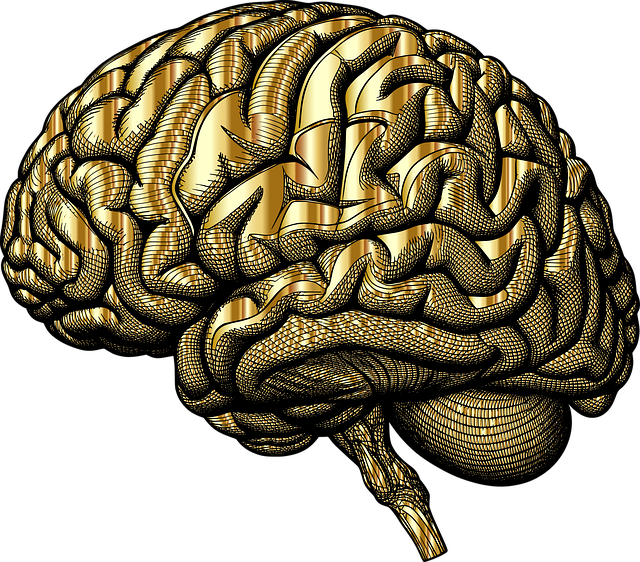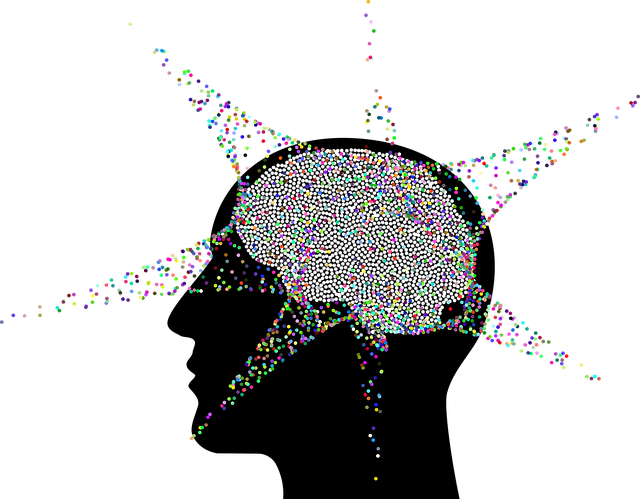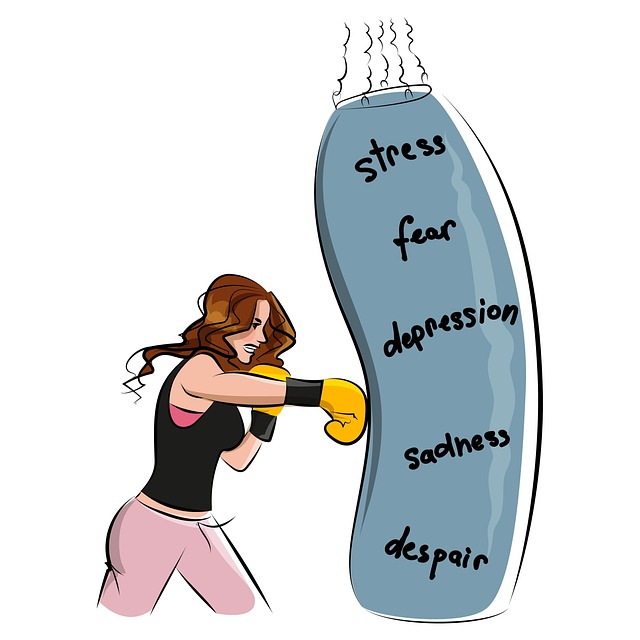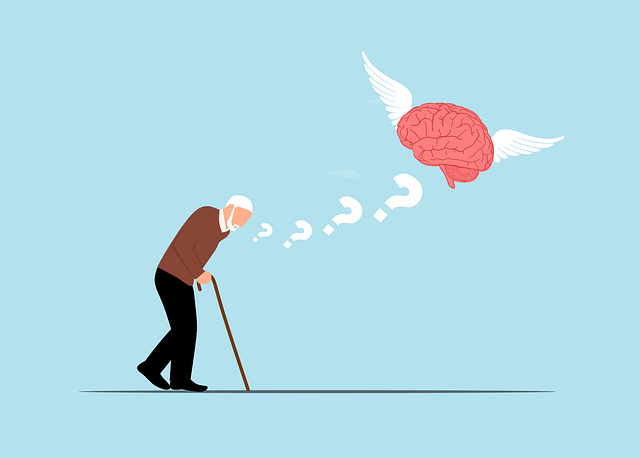Northglenn Psychological Testing & Therapy employs powerful group facilitation techniques for enhanced mental wellness. This collaborative approach promotes active participation, emotional expression, and peer learning, significantly contributing to Mental Illness Stigma Reduction. Skilled facilitators create safe spaces that enhance emotional intelligence and encourage vulnerability, aiding individual healing. Group therapy sessions facilitate self-awareness, improved coping strategies, emotional well-being, accountability, and a sense of belonging. Through open communication, active listening, conflict resolution, and non-judgmental support, Northglenn Psychological Testing & Therapy empowers individuals to navigate mental health challenges together, achieving better outcomes in a supportive community.
Mental wellness group facilitation plays a pivotal role in enhancing therapeutic outcomes, offering individuals a supportive environment to share experiences, gain insights, and grow. This article delves into the art of facilitating productive mental wellness groups, exploring strategies that harness the power of collective healing. We discuss the benefits of group therapy, emphasize creating safe spaces, and provide techniques for engaging participants effectively.
Additionally, we examine Northglenn Psychological Testing as a valuable tool to personalize guidance within group settings, fostering self-awareness and peer support.
- Understanding the Role of Group Facilitation in Mental Wellness
- – The benefits of group therapy
- – Creating a safe and supportive environment
Understanding the Role of Group Facilitation in Mental Wellness

In the realm of mental wellness, group facilitation plays a pivotal role in fostering a supportive and therapeutic environment. Techniques employed by facilitators at Northglenn Psychological Testing & Therapy go beyond mere conversation; they are designed to encourage active participation, emotional expression, and peer learning. This collaborative approach not only enhances individual healing but also contributes to Mental Illness Stigma Reduction Efforts by promoting understanding and empathy among group members. Through skilled facilitation, individuals navigate complex emotions, build resilience, and gain valuable coping strategies, ultimately improving their overall well-being.
Effective group facilitation requires a nuanced balance of skills, including strong Emotional Intelligence. Facilitators must create a safe space where every voice is heard without judgment, fostering an atmosphere conducive to vulnerability and trust. This process is crucial for individuals facing various mental health challenges, as it helps them feel less isolated and more empowered in their journey towards recovery. Moreover, these techniques enable professionals to conduct thorough Risk Assessments for Mental Health Professionals, ensuring the safety of both clients and practitioners within the group setting.
– The benefits of group therapy

Group therapy offers a unique and powerful approach to mental wellness, providing individuals with a supportive environment where they can connect with others facing similar challenges. This collective setting fosters a sense of community, reducing feelings of isolation often associated with mental health struggles. Members benefit from sharing experiences, gaining different perspectives, and offering mutual support, which can enhance self-awareness and coping strategies.
At Northglenn Psychological Testing & Therapy, we recognize the therapeutic value of group dynamics. Our Mental Wellness Coaching Programs development focuses on creating safe spaces for individuals to explore their emotions, improve communication strategies, and learn from one another. By participating in group therapy, clients promote emotional well-being through enhanced understanding, built-in accountability, and a sense of belonging, ultimately contributing to improved mental health outcomes.
– Creating a safe and supportive environment

Creating a safe and supportive environment is a cornerstone of effective mental wellness group facilitation, particularly at Northglenn Psychological Testing & Therapy. It begins with fostering an atmosphere of trust and understanding where every participant feels seen, heard, and respected. Group facilitators should employ techniques like active listening, open-ended questions, and non-judgmental responses to encourage honest sharing and vulnerability. This emotional safety net allows individuals to explore their experiences, emotions, and challenges without fear of criticism or stigma, making it easier for them to connect with others facing similar issues.
Moreover, incorporating conflict resolution techniques, mind over matter principles, and communication strategies can significantly enhance the group’s dynamic. By teaching participants constructive ways to handle disagreements, facilitators promote healthy debates that enrich discussions. Mind over matter principles help individuals cultivate resilience and reframe negative thoughts, while effective communication strategies ensure everyone has a chance to contribute and feel valued. These techniques collectively create an inclusive environment that empowers members to support one another on their journeys towards improved mental wellness.
Group facilitation plays a pivotal role in enhancing mental wellness, as evidenced by the numerous benefits of group therapy. Creating a safe and supportive environment, akin to what Northglenn Psychological Testing & Therapy fosters, empowers individuals to connect, heal, and grow together. By leveraging these techniques, facilitators can revolutionize mental health care, offering a sense of community and belonging that is essential for lasting well-being.

